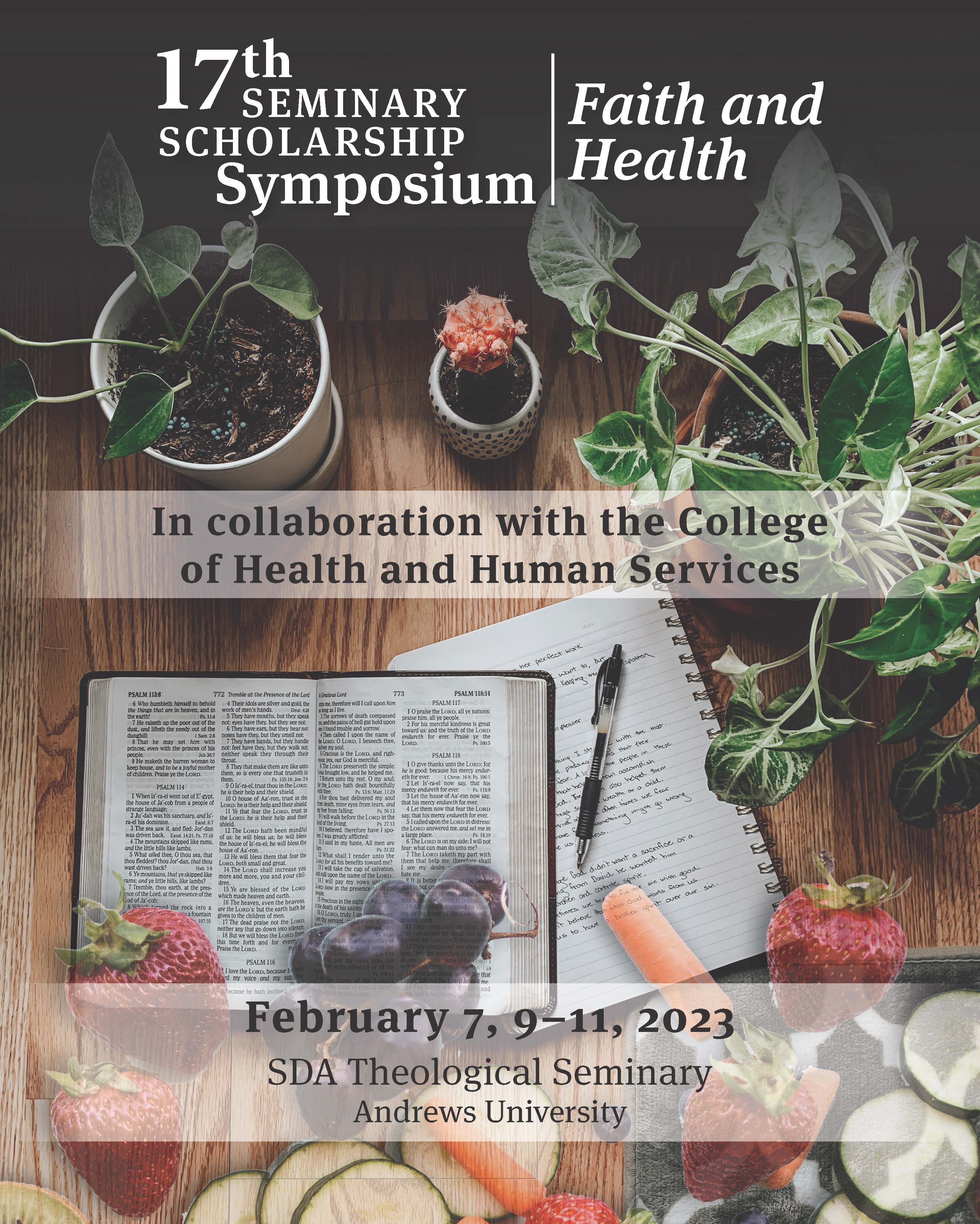Event Title
Effects of Hope Intervention on Hope and Quality of Life in Senior People Who Live Alone
Location
Seminary Commons
Start Date
10-2-2023 12:30 PM
End Date
10-2-2023 2:00 PM
Description
In the U. S., there is a growing number of seniors who are at increased risk of reduced hope and quality of life (QOL). QOL in the elderly is a global concern and is directly associated with their well-being. Seniors who live alone experience a higher degree of isolation, depression, and loneliness. Loneliness is a complex and multi-dimensional feeling which has a significant impact on the health of the senior population. Hope is an inner source that can improve the outlook on life. Studies have shown that the level of hope and QOL have a significant correlation. Hope influences how a person thinks and acts; it shapes people’s behavior and motivates them to stay positive. Hope creates new possibilities and fills people with strength and happiness. Healthcare professionals play an essential role in promoting hopefulness. This project evaluates the effects of the guided Hope Intervention Program on seniors who live alone. Hope and QOL will be measured before and after the program. Two independent sample t-tests and mixed model ANOVA will be utilized to analyze hope and QOL between two groups. The significance is to enhance the hope level in seniors who live alone through meaningful activities.
Effects of Hope Intervention on Hope and Quality of Life in Senior People Who Live Alone
Seminary Commons
In the U. S., there is a growing number of seniors who are at increased risk of reduced hope and quality of life (QOL). QOL in the elderly is a global concern and is directly associated with their well-being. Seniors who live alone experience a higher degree of isolation, depression, and loneliness. Loneliness is a complex and multi-dimensional feeling which has a significant impact on the health of the senior population. Hope is an inner source that can improve the outlook on life. Studies have shown that the level of hope and QOL have a significant correlation. Hope influences how a person thinks and acts; it shapes people’s behavior and motivates them to stay positive. Hope creates new possibilities and fills people with strength and happiness. Healthcare professionals play an essential role in promoting hopefulness. This project evaluates the effects of the guided Hope Intervention Program on seniors who live alone. Hope and QOL will be measured before and after the program. Two independent sample t-tests and mixed model ANOVA will be utilized to analyze hope and QOL between two groups. The significance is to enhance the hope level in seniors who live alone through meaningful activities.




Comments
Poster Presentation